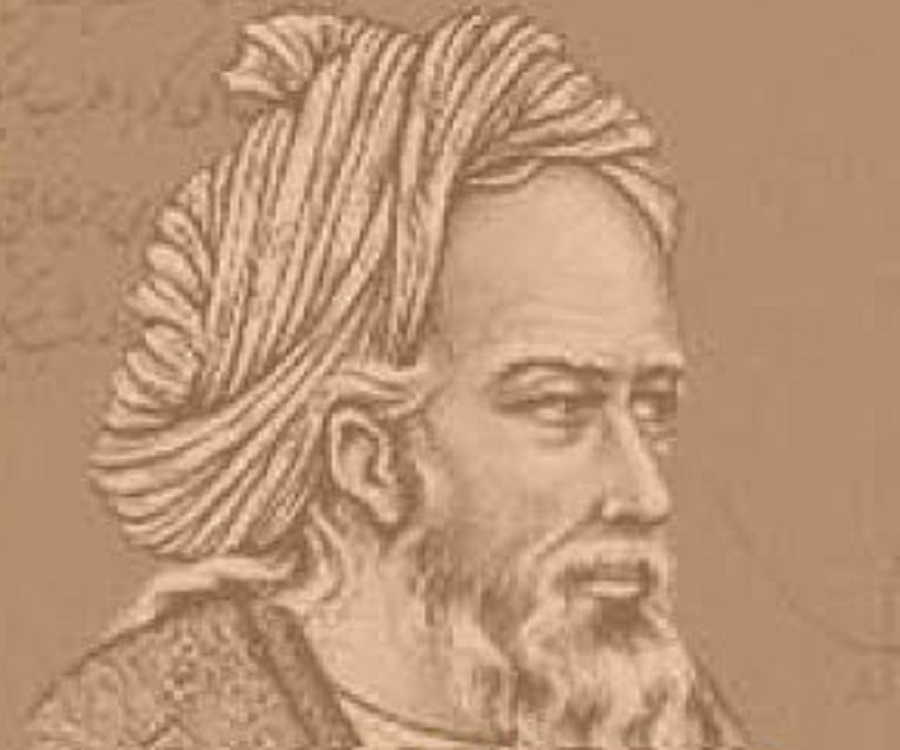International Internet Day is celebrated globally on October 29 every year. International Internet Day is celebrated to commemorate a momentous day in the history of telecommunications and technology. The day marks the sending of the first electronic message which was transferred from one computer to another in 1969.
Charley Kline, a student programmer at the University of California, Los Angeles (UCLA), transmitted the first-ever electronic message on 1969 October 29.
Kline, who was working under the supervision of Professor Leonard Kleinrock, transmitted a message from the computer housed at the UCLA to Bill Duvall who was using a computer positioned at the Stanford Research Institute’s computer.
The sender system at UCLA was the SDS Sigma 7 Host computer and the receiver was the SDS 940 Host at the Stanford Research Institute.
The message sent was the word “login”. Kline and Kleinrock managed to send “L” and “O” before the connection between the terminals crashed.
To celebrate, here’s the video of David Bowie talking about internet (courtesy of BBC):



